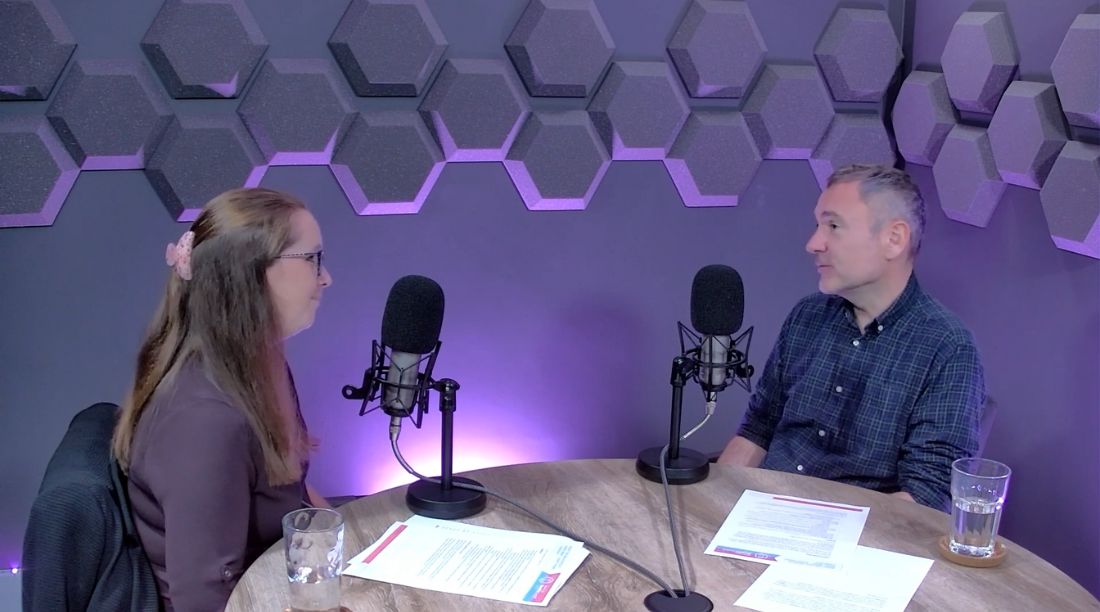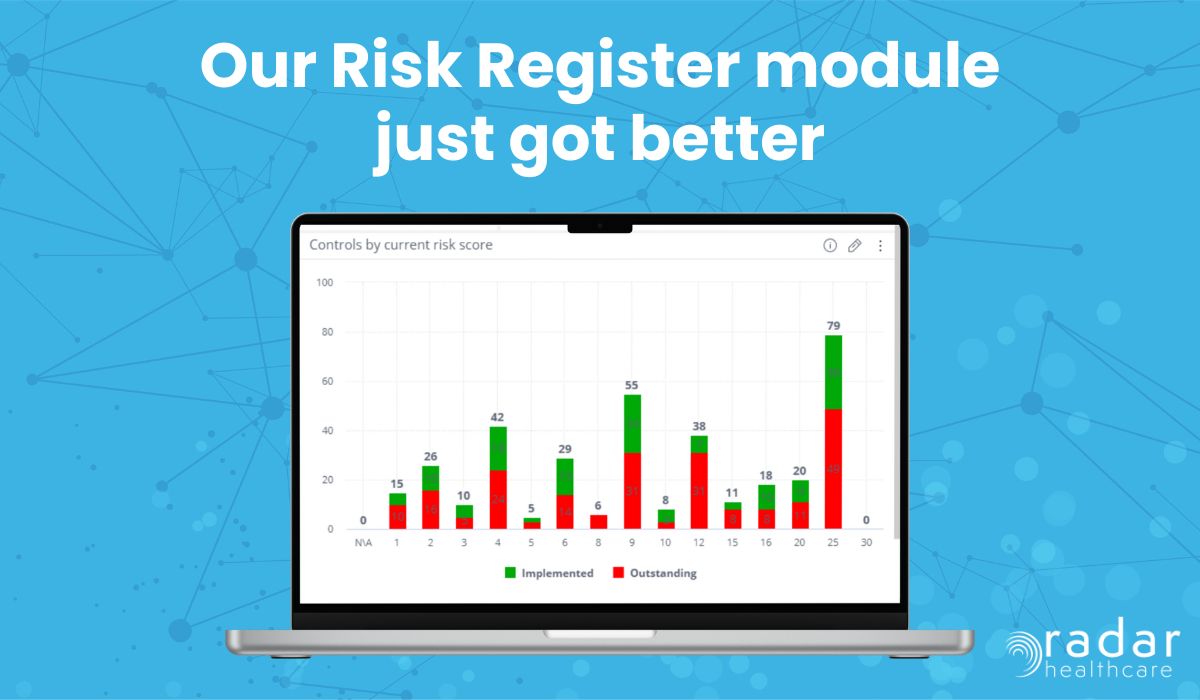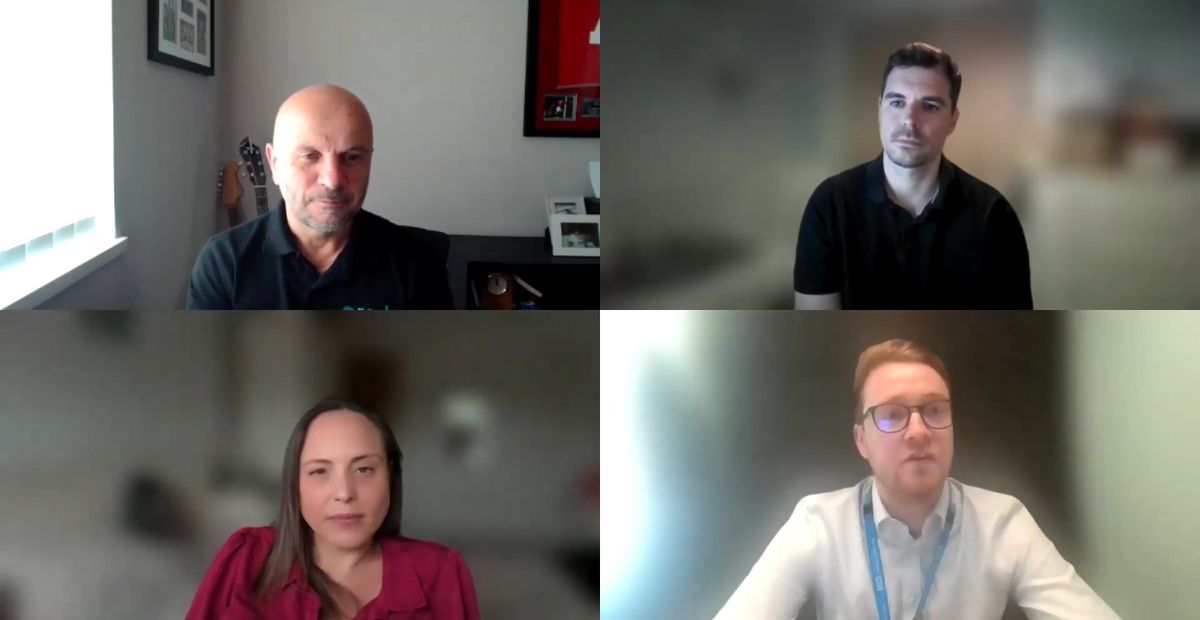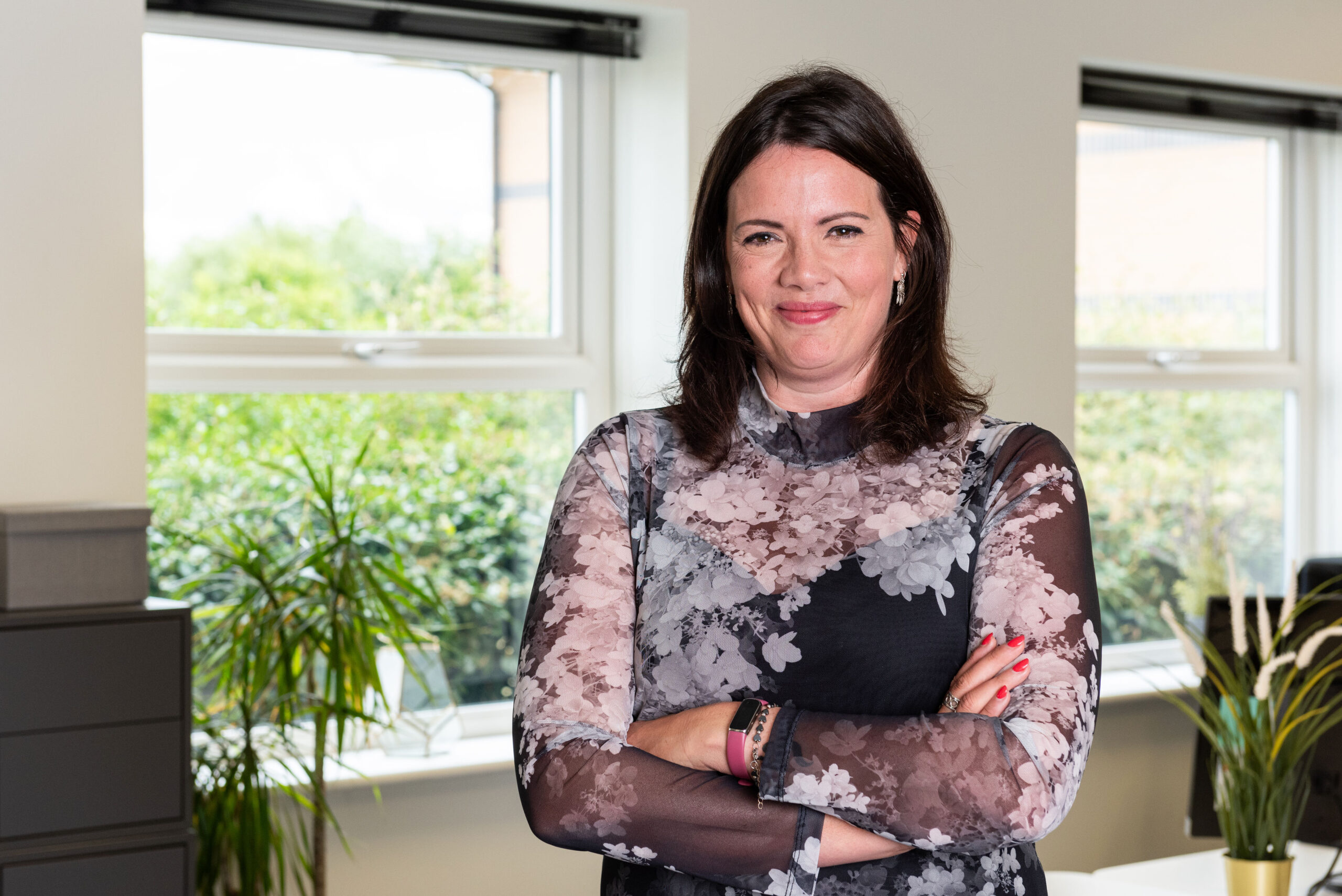What is Risk Management in Healthcare?
Tags:
What is Risk Management in Healthcare?
Risk management in healthcare is essential for maintaining safety and quality in patient care. It involves identifying, assessing, and mitigating risks to prevent harm to patients, staff, and the healthcare environment. Effective risk management programmes are critical in addressing potential hazards before they result in incidents.
Understanding Risk Management in Healthcare
Risk management in healthcare encompasses the processes used to identify, evaluate, and mitigate risks to patient safety and organisational operations. It includes proactive measures to prevent incidents and minimise the impact of those that occur.
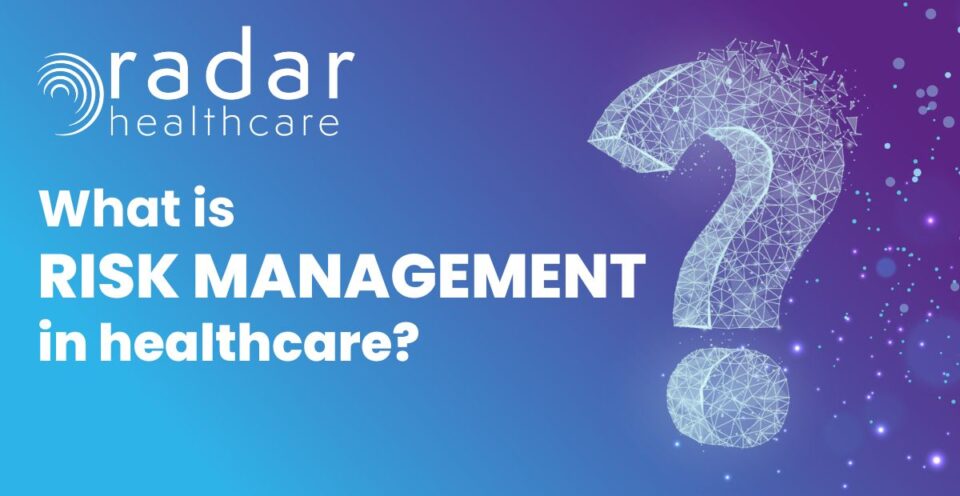
Why Risk Management is Crucial in Healthcare
In the healthcare industry, risk management is not just about handling adverse events after they occur. It’s about creating a culture of safety and continuous improvement to ensure high-quality care. This includes managing risks related to:
🩺 Patient treatment and diagnosis
💊 Medication administration
🖥️ Healthcare technology and equipment
📚 Staff training and compliance
Our Risk Register Module Just Got Better 🎉
Did you know we have recently enhanced our Risk Register module? Designed in collaboration with our partners, these updates improve efficiency, customisability, and oversight.
Top 3 Features 🌟
⏱️Updates to Controls: Adding controls to risks is now simpler and more efficient, with a streamlined process that saves time and clicks.
🔄Enhancements to Assurance: Formerly the “Board Assurance Step,” now simply “Assurance,” this step has been updated for broader applicability and enhanced functionality across various organisational contexts.
✅New Approval Step: A new approval step allows users to approve risks directly within the register, adding an extra layer of safeguarding to ensure thorough review.
Risk management in the NHS
In the NHS, risk management is one of the 7 pillars of clinical governance, striving for quality improvement in healthcare. Many areas of clinical governance apply to risk management, for example, incident reporting which includes complaints, auditing, risk registers and training.
The effectiveness, responsiveness and accuracy of risk management are vital because the lives of patients and staff depend on it.
Examples of risks to patients and staff:
- Incorrect diagnosis
- Medication errors
- Slow to act on results
- Insufficient safeguarding policies
- Poor communication causing an incident

Risk Management in Health and Social Care
In health and social care, effective risk management is vital due to the vulnerable nature of the populations served.
Risks in this sector include:
- Patient Handling: Ensuring safe techniques to prevent injury to patients and staff.
- Environmental Risks: Addressing hazards like slips, trips, and falls.
- Behavioural Risks: Managing violence and aggression towards staff or other service users.

Risk Management in Nursing
In nursing, risk management is critical due to the direct impact nurses have on patient care. Effective strategies include:
- Training and Education: Regular training on best practices and safety protocols.
- Monitoring and Evaluation: Continuous assessment of nursing practices to identify areas for improvement.
- Patient Communication: Clear communication with patients to manage expectations and reduce misunderstandings.
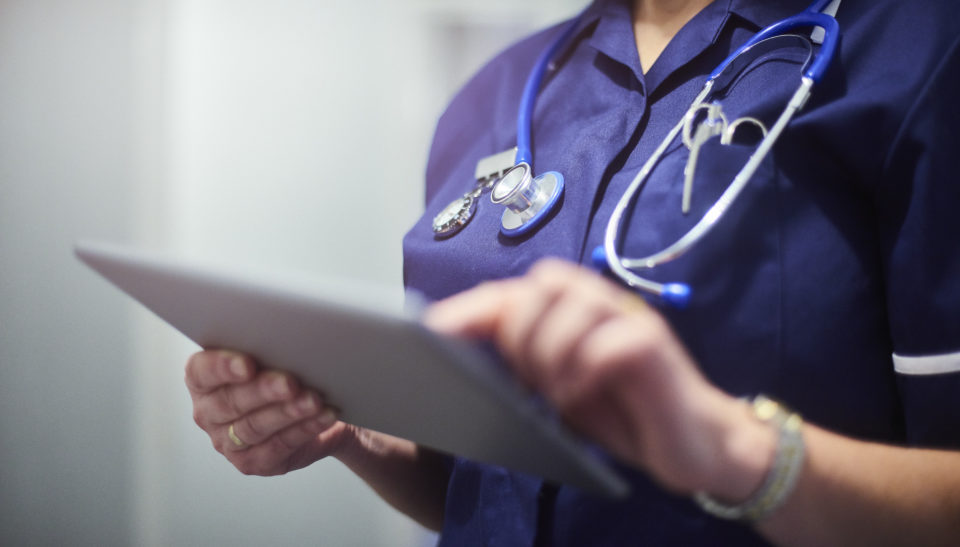
Improving Risk Management Practices with Radar Healthcare
The adoption of advanced technologies is transforming risk management in healthcare. Digital tools and software solutions, such as those offered here at Radar Healthcare, enhance the ability to track, analyse, and mitigate risks efficiently.
How Radar Healthcare Can Help:
- Incident Reporting: We streamline the process for logging and tracking incidents.
- Risk Registers: We provide centralised databases for monitoring risks and associated actions.
- Action Plans: As part of the workflow our action plans address identified risks and prevent recurrence.
- Analytics and Reporting: Dashboards and reports track performance and identify trends.
- Compliance Management: We ensure regulatory and workforce compliance through our robust tools.
Benefits of Integrated Risk Management Systems
Integrated risk management systems (like those provided by Radar Healthcare), consolidate multiple processes into one single platform, reducing errors and improving communication. This holistic approach ensures that all aspects of risk management, from incident reporting to compliance tracking, are interconnected, enhancing overall efficiency and safety.
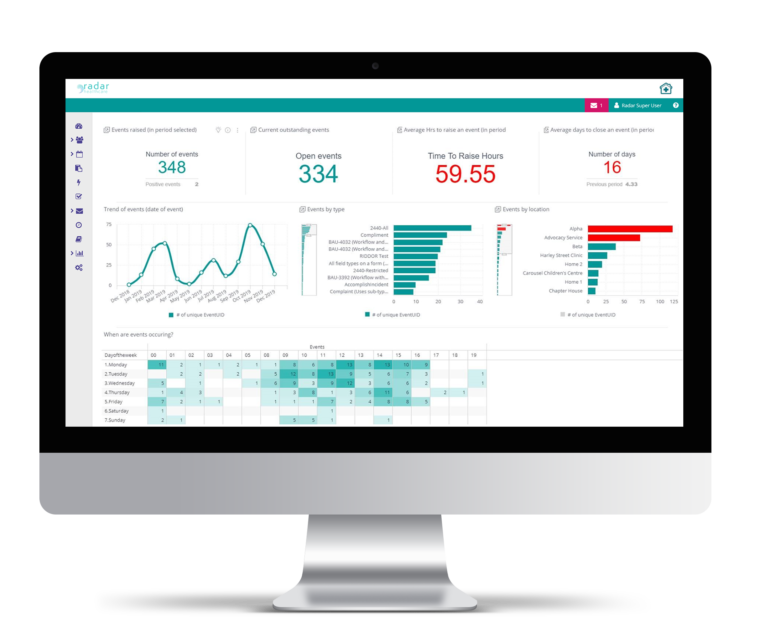
Conclusion
Risk management in healthcare is an ongoing process that requires commitment at all levels of an organisation. By implementing robust risk management strategies, healthcare providers can enhance patient safety, improve care quality, and ensure compliance with regulatory standards. Investing in advanced risk management technologies and fostering a culture of safety are crucial steps towards achieving these goals.
